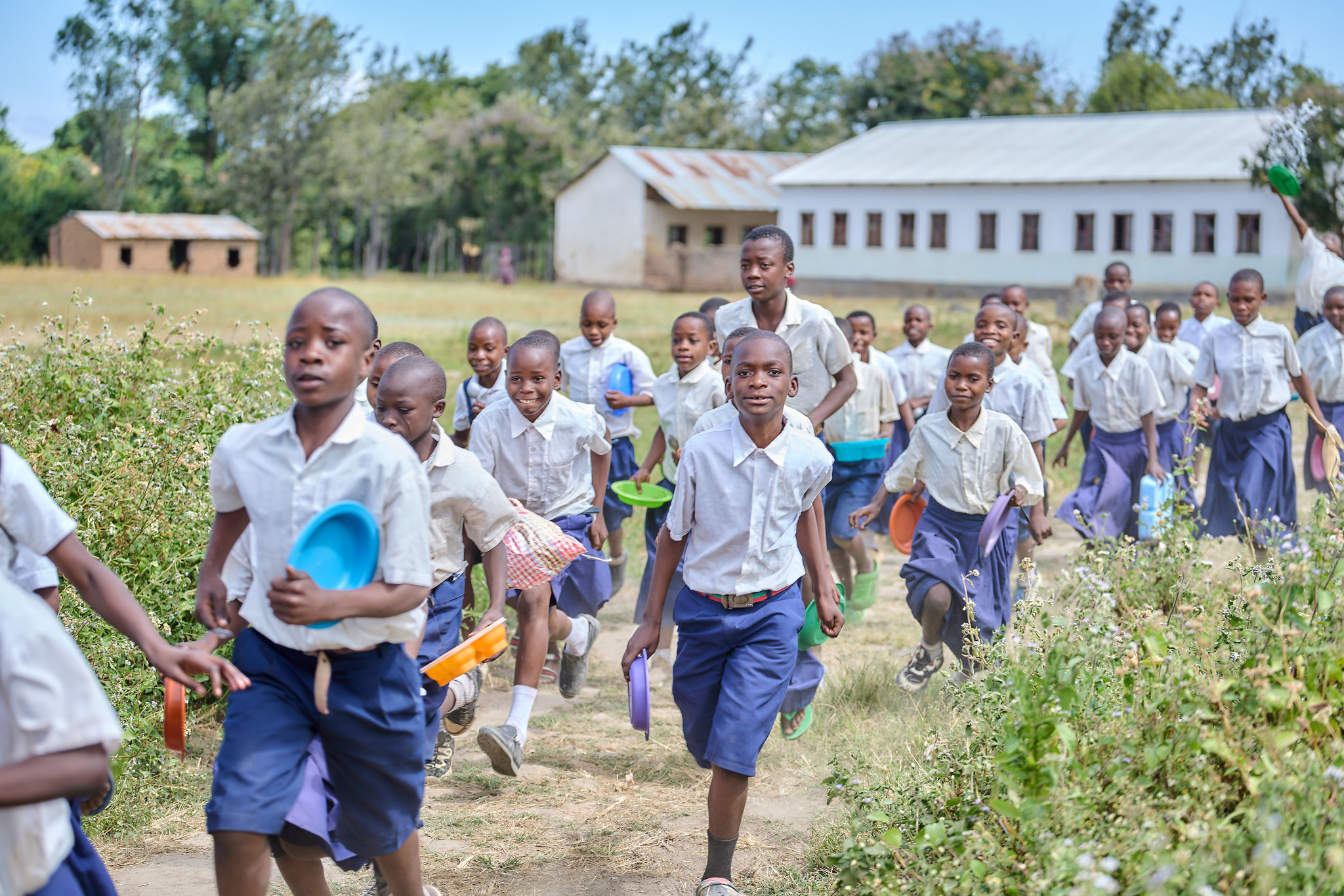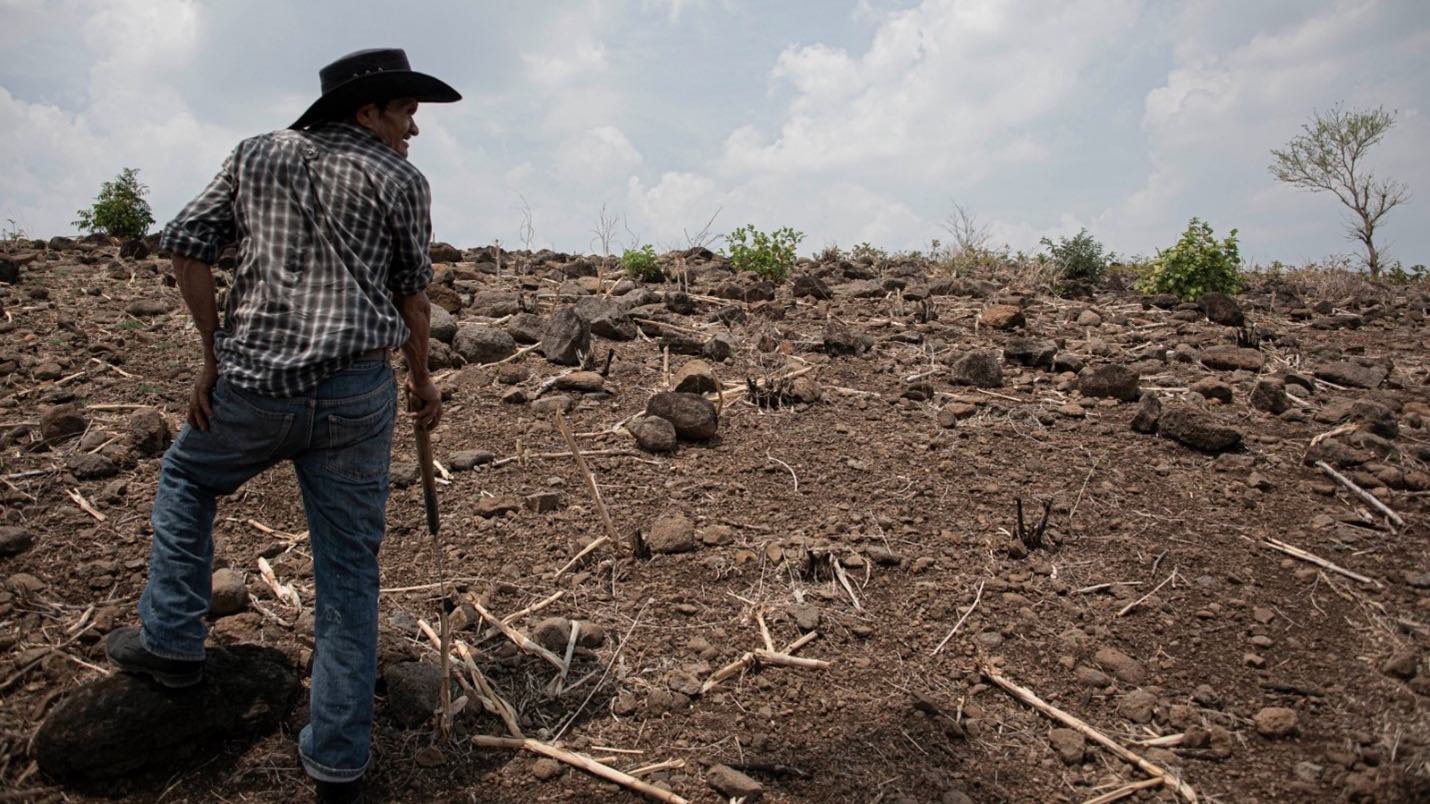The global food crisis of 2007–08 was characterized by a sharp spike in the prices of most agricultural commodities, including staple grains. High world prices were transmitted to domestic markets, eroding the purchasing power of urban households and particularly the poor. In dozens of countries, high prices sparked demonstrations and riots. A number of countries, including Argentina, India, Russia, and Vietnam, responded by restricting rice and wheat exports in an attempt to keep domestic prices from rising. At the same time, international food aid budgets were stretched, as increased need in developing countries coincided with decreased purchasing power of the World Food Programme and other food aid agencies.
The FAO’s recent statement that world food prices reached a record high in December 2010 has raised the specter of another global food crisis. This scenario has serious implications for the developing world, and raises several questions regarding Africa in particular. What impact did the 2007–08 global price spike have on Sub-Saharan Africa? More specifically, to what degree do changes in world food markets influence the price of staple foods in the region?
IFPRI Senior Research Fellow Nicholas Minot has studied such price transmission through a project funded by the Policy and Research Division of the Department for International Development (DfID) of the United Kingdom. Project findings suggest that African governments can reduce their countries’ vulnerability to external food shocks by investing in agricultural research, pursuing more predictable economic policies, facilitating grain trade, and promoting diversification in staple consumption.







